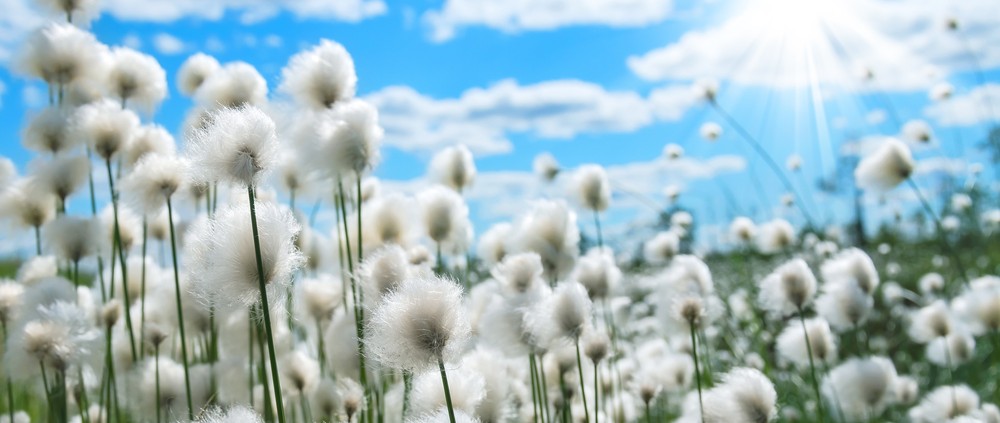Dizzy Mallone: Taking care of nature
Every day we are in contact with cotton. In our kitchen, in the bedroom, and in particular with the clothes we wear.
More then 50% of all fibers in the world is made out of cotton, but most of it is grown with toxic chemicals.
For the cultivation of conventional cotton big amounts of pesticides are being used, this has a huge impact on the environment, more it brings health risks.
About 25% of the insecticides and 16% of the world’s pesticides are used for the cultivation of conventional cotton. Some of these chemicals are considered the most toxic in the world. Clear that this brings health risks to the workers in the fields. But these substances can also affect those who are not in direct contact as the chemicals get into the water supply.
What is organic cotton?
According to the Organic Trade Association, organic cotton is grown without the use of toxic pesticides or fertilizers. Cotton farmers who choose biological solutions do not only offer a healthier and cleaner cotton, but brings also benefit to the planet.
Organizations certify organic cotton, and Dizzy Mallone chose Control Union / GOTS: the leader in tests worldwide for organic fibers, including ecological and social criteria.
This allows us to ensure the biological state of the yarn, which is grown environmentally friendly and with social responsibility.
In this way we pay attention to both man and nature.
Our clients receive a certificate confirming that organic cotton has been used, more the savings in chemicals.
Conventional cotton costs less, but when possible, choose organic cotton as it is better for the land, the farmers and your own well-being.
Because of the recent awareness of these benefits the demand for organic cotton did increase, and has lowered its cost, making the choice for “BIO” cotton more interesting.
The use of water is another problem for the cultivation of cotton, as the crops need an intensive irrigation. This can not be changed, but we are able to offer for our knitwear environmental dyeing, where 95% of water will not only be cleaned but also reused for new dyeing processes.
Dizzy Mallone supports these initiatives to show that working with responsibility can improve our environment and create good working conditions.
But also that working with responsibility is possible without big changes on the final price of our products.
If you are interested in these two processes, we will be happy to give you more information!


